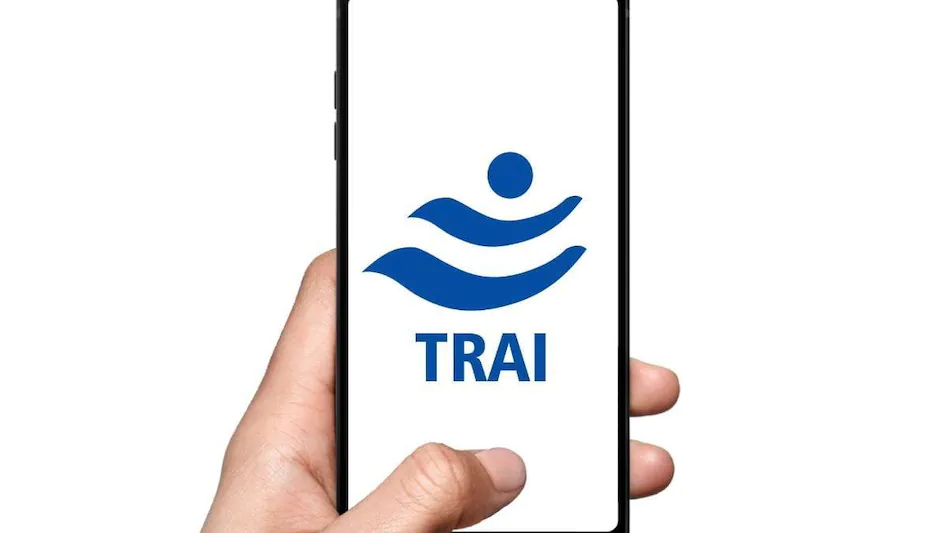-The Trai has backed Jio’s approach, which states that the additional fees for shared spectrum can be levied only in the band in which airwaves are shared
-To ensure compliance, Trai suggested that the ministry may consider mandating a standard undertaking which would be required to be submitted by each service provider on an annual basis
New Delhi. NFAPost: In its legal battle with the Department of Telecommunications (DoT) over the calculation of spectrum usage charge (SUC) in cases involving shared spectrum, Reliance Jio has scored a big win, said a report by Financial Express.
The Telecom Regulatory Authority of India (Trai) has backed the telecom company’s approach, which states that the additional fees for shared spectrum can only be assessed in the band where airwaves are shared, not across the entire spectrum held by the operator.
With this, the government may now need to revise its guidelines. Earlier, Jio got relief from the Telecom Disputes Settlement and Appellate Tribunal (TDSAT) in January, which had stayed DoT’s demand for charging the company an additional Rs 13,000 crore towards SUC for the 2016-21 period.
Following TDSAT’s interim relief to Jio, the DoT sought clarification from Trai on the calculation methodology.
When releasing the guidelines for spectrum sharing back in 2015, DoT had said that companies who enter into such agreements will be required to pay an additional 0.5% over their regular SUC, which is calculated on the adjusted gross revenue of the operators.
The guidelines allow for the sharing of spectrum between two companies in the same spectrum band. The additional 0.5% levied by DoT on Jio for sharing spectrum with Reliance Communications in the 800 MHz band was added to the overall spectrum charge amount while calculating the SUC.
Jio argued that since it only shared spectrum in the 800 MHz band, the additional charge should only be levied on this very band and not on the overall amount.
“The Trai recommendation was to add 0.5% only in bands in which spectrum is traded, not on the entire spectrum held. If DoT departed from it, it should have sent a reference back to the regulator and sought its views, which was not done,” Jio had argued before the TDSAT.
In its communication to DoT on the matter, the Trai on Tuesday said that its recommendation was always to add 0.5 per cent in bands where spectrum is traded rather than on the entire spectrum held by an operator.
“The Authority is of the view that as per the existing spectrum sharing guidelines, which were based on the recommendations of the Authority, the incremental SUC should apply to the spectrum band which is being shared and not on the overall weighted average SUC, which includes all the spectrum bands held by the telecom service providers,” Trai said.
Between 2016 and 2021, Jio and RCom agreed to share spectrum in 17 circles in the 800 MHz band. The pact was annulled after Jio acquired the 800 MHz spectrum in the 2021 auctions. In the same year, the company also acquired spectrum in the 800 MHz band from Bharti Airtel across three circles through a spectrum trading pact.
Prior to 2022, telcos paid the government three-five per cent of SUC. As part of the telecom reforms in September 2021, the government had scrapped the three per cent floor rate of SUC for future spectrum acquisitions, including 5G auctions, which reduced overall SUC payments by telecom operators.
Trai recommends IB ministry to grant infra status to telcos, broadcasters
The Telecom Regulatory Authority of India (Trai) has sent a recommendation to the government of India to grant infrastructure status to the broadcasting and cable service sector, The Economic Times (ET) has reported.
In its recommendations regarding ‘ease of doing business’ in the telecom and broadcasting sector, the industry regulator said, “The authority recommends that given the importance of the cable services sector in expanding television services as well as broadband services, the government may consider and grant ‘infrastructure status’ to ‘broadcasting and cable services sector.'”
The industry has been making demands for “infrastructure status” for a long time. Additionally, Trai also recommended that the Ministry of Information and Broadcasting (MIB) should issue stage-wise timelines for the process of granting licence, registration, and permissions in a similar manner as has been done for uplinking and downlinking permission for TV channels, the report added.
The regulator stressed that the ministry should establish a Centre of Excellence to study the technical, economic, social, and legal aspects of broadcasting services. On issues relating to clearances from the home ministry, Trai said that MIB should ensure a smooth process of security clearances for applicant companies.
To ensure compliance, Trai suggested that the ministry may consider mandating a standard undertaking that would be required to be submitted by each service provider on an annual basis.
Additionally, Trai recommended that the online portal should provide a payment option to telecom operators and broadcasters to facilitate the payment of annual permission fee either for one year or more.





